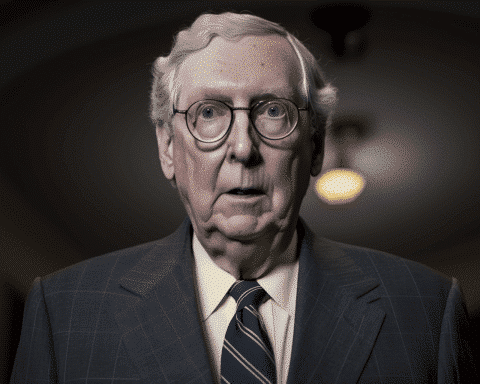SCG Plastics Co., based in Bangkok, has recently come to an agreement with the U.S. Treasury, agreeing to a settlement of $20 million to address 467 violations related to sanctions on Iran. The resolution, disclosed on Friday, draws a line under a case involving the processing of Iranian high-density polyethylene resin sales amounting to $291 million between 2017 and 2018, facilitated through U.S. banks.
The settlement, formalized between SCG Plastics and the U.S. Treasury’s Office of Foreign Assets Control (OFAC), concerns resin produced by an Iranian joint venture co-owned by SCG Plastics’ parent company, SCG Chemicals, and Iran’s National Petrochemical Company. The violations stemmed from SCG Plastics’ adoption of shipping and documentation methods aimed at obscuring the Iranian origin of the resin and the involvement of Iranian entities. These practices led to inadvertent violations of OFAC’s sanctions on Iran by banks, funneling economic benefits to Iran’s petrochemical sector, a significant revenue stream for the Iranian government.
Deemed “egregious” by OFAC, the settlement imposes a $20 million penalty on SCG Plastics, payable within 90 days. Although no longer operational, the firm has been absolved of further liability regarding the sanctions breaches as per the terms agreed upon with OFAC.
This development unfolds against a backdrop of escalated tensions between the U.S. and Iran. In response to Iran’s unprecedented attack on Israel, U.S. administration officials have announced intentions to impose additional sanctions on Iran, sparking concerns about heightened conflict potential in the Middle East.
Reacting to Iran’s actions, both the U.S. and the U.K. have recently enforced fresh sanctions targeting Iranian individuals and entities associated with drone production. Treasury Secretary Janet Yellen has reiterated the commitment to employing sanctions as a deterrent against Iran’s disruptive conduct, stressing the reinforcement of existing sanctions and the imposition of substantial penalties on violators.
The SCG Plastics case serves as a stark reminder of the severe repercussions stemming from breaches of international sanctions regimes. With countries like the U.S. steadfast in upholding sanctions against Iran and other entities implicated in destabilizing activities, businesses operating in global markets must exercise vigilance and ensure adherence to regulatory mandates to sidestep similar penalties.
The settlement between SCG Plastics and the U.S. Treasury underscores the imperative of transparency and accountability in international trade, emphasizing the necessity for companies to exercise due diligence in their commercial transactions to forestall inadvertent violations of sanctions laws and regulations.




